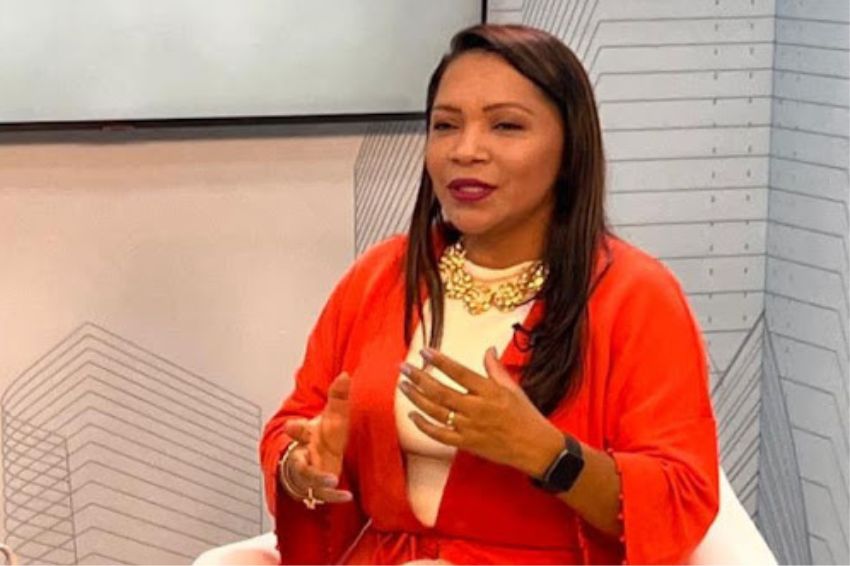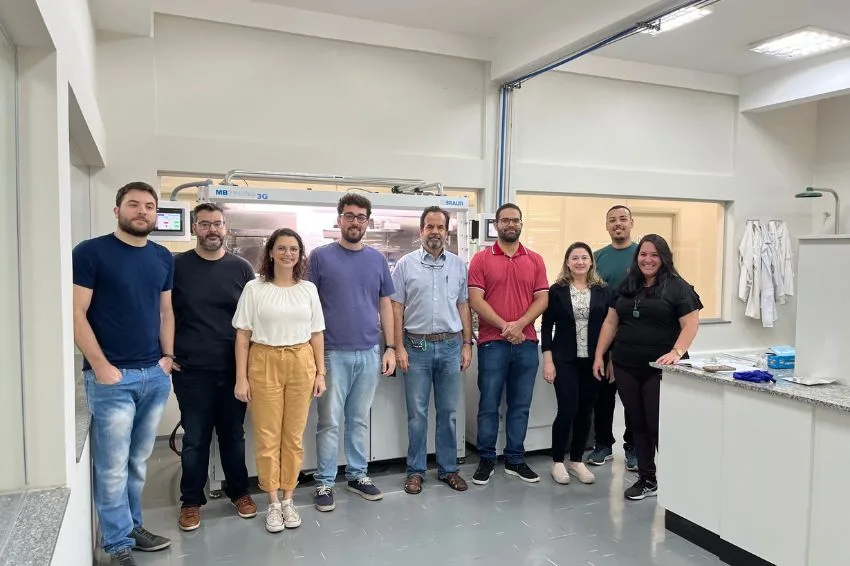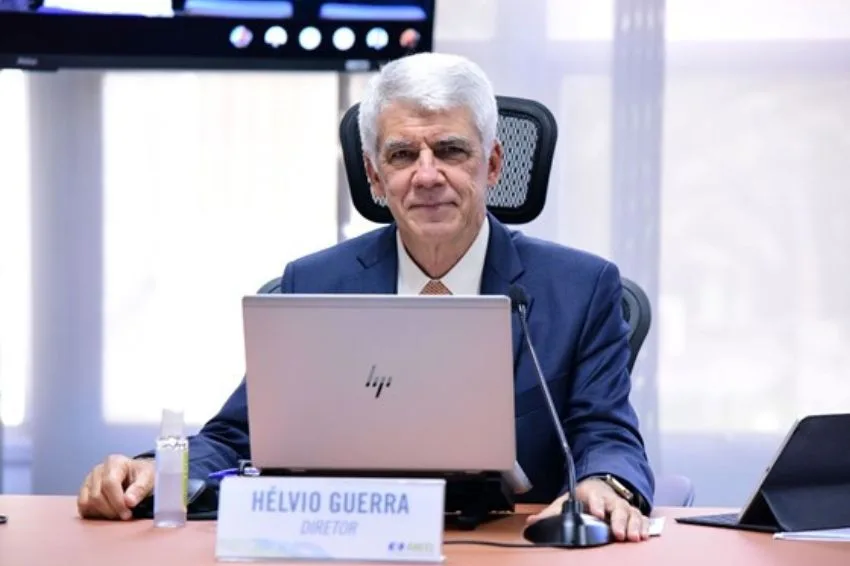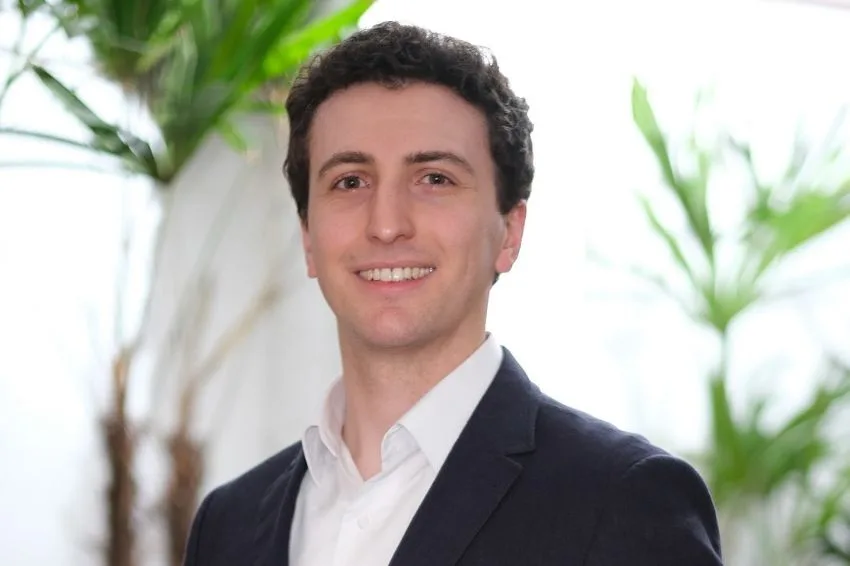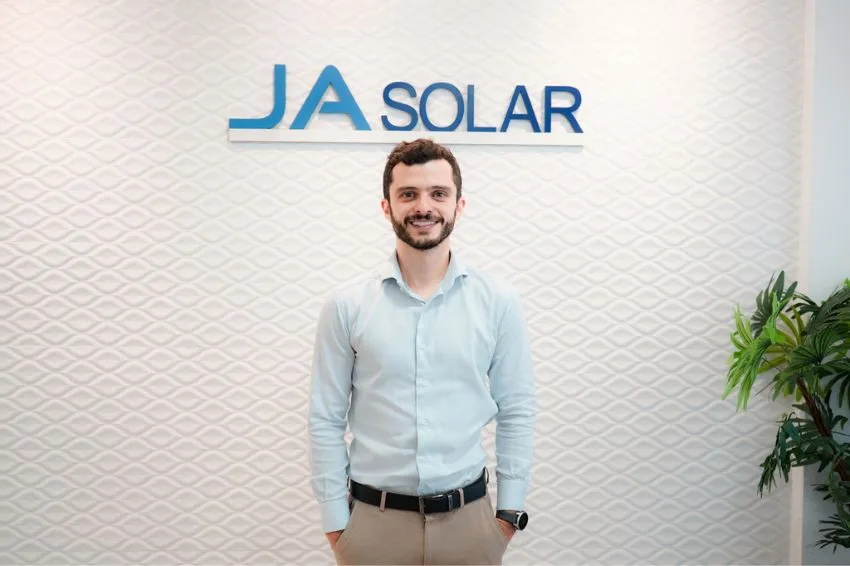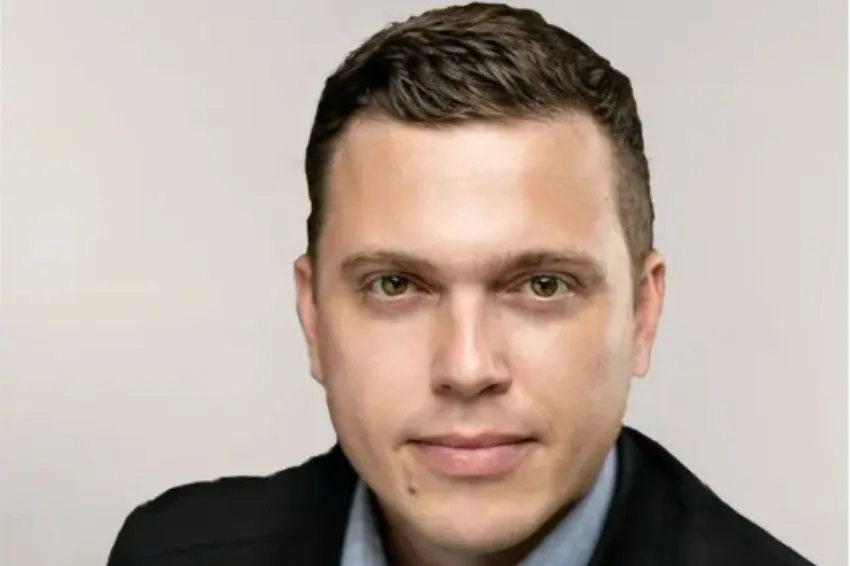Amazonian, born in the community of Santo Antônio in Novo Airão, entrepreneur since the age of 19, Helane Souza was the first woman to work with solar energy in the state of Amazonas.
Founder of Future Solar, the businesswoman also serves as director of the Instituto Amazônia Equatorial, a civil social organization whose mission is to promote sustainable development and environmental conservation, improving the quality of life of riverside communities in the Amazon.
With a strong presence in this market, Helane sees solar plants as an alternative to high energy tariffs and their constant increases, in addition to other benefits.
In an interview with Canal Solar, on the day the world celebrates International Women's Day, Helana talks about the importance of solar energy for isolated communities, her perspectives on the source and the challenges she faces as a woman within the energy market solar.
Check out the main excerpts from the interview below:
In what year and how did your journey in the solar energy market begin?
My journey began in 2012 when my brother, who at the time was already working with telecommunications systems, invited me to open an energy efficiency company with him.
In this market, I started working with energy quality and automation, but soon after, still in 2012, I started working within the solar energy market.
At the time, there was only a reasonable demand for off-grid systems, but it was with Normative Resolution No. 482 that made it much easier for the population to adopt the products.
From this, we formed a partnership with Schneider Electric, which was already developing a project with the riverside communities of Amazonas, and it was then that I began to have closer contact with these populations.
How has solar energy helped riverside communities in Amazonas?
To be honest, I still see technology access for these communities as still very complicated. Although we have several requests from residents every month for this solution, Federal Government programs, such as Mais Luz para Amazônia, are still unable to reach a very large number of people.
The communities in Amazonas, unfortunately, still largely lack access to solar energy and the data that is released by the Federal Government in the press is very beautiful, but, in practice, it does not reflect what reality is.
And what is missing, in your assessment, for Government programs to effectively guarantee access to solar energy for these communities?
One of the biggest challenges in developing any technology for remote regions is logistics, because access to some communities is difficult, often requiring access by boat.
So, I think the Government could establish partnerships with third sector institutions that already have access to these communities to be able to reach the people who really need solar energy systems most.
How do you see the Brazilian solar energy sector in 2023?
I see very significant growth, especially for large plants. I believe that the DG (distributed generation) market will suffer a little in this first quarter due to all the negative publicity around Law 14,300 last year.
I also believe that the opening of Mercado Livre for Group A consumers (low voltage) scheduled for January 2024 will help the solar energy sector in the self-production modality, with many companies preparing, even in 2023, for acquisition and construction of new plants.
Did the fact of being a woman in a male universe and the challenges within the segment ever make you think about stopping entrepreneurship within this market?
At the beginning of my career, the challenges were very great due to the fact that the vast majority of engineers are men. Hearing that you are not capable of working in this market and that you don't know anything because you are a woman have always been very common things to happen.
Nowadays, this type of questioning has decreased, because the way people started to see the presence of women in the job market has changed, but, in 2012, having a woman talking about new technologies was not common. People didn't give me the slightest credibility and what I learned isn't written in the book, you see! (laughter).
What advice do you have for other women to follow your example?
I would tell these women not to give up on their dreams and goals as entrepreneurs and professionals. I recommend that you study a lot, because it is a very complex area and that you do not think that only GD represents the entire solar energy market.
Furthermore, I recommend that they try to differentiate themselves in what each one is closest to. Today, we have great female figures operating in the market and, each of them, within a niche that they dominate.
We have outstanding professionals in the legal area, in the regulatory sector and in the electrical energy segment linked to plant architecture. In other words, study to make a difference and never give up on your dreams just because of what other people expect or think of you.


